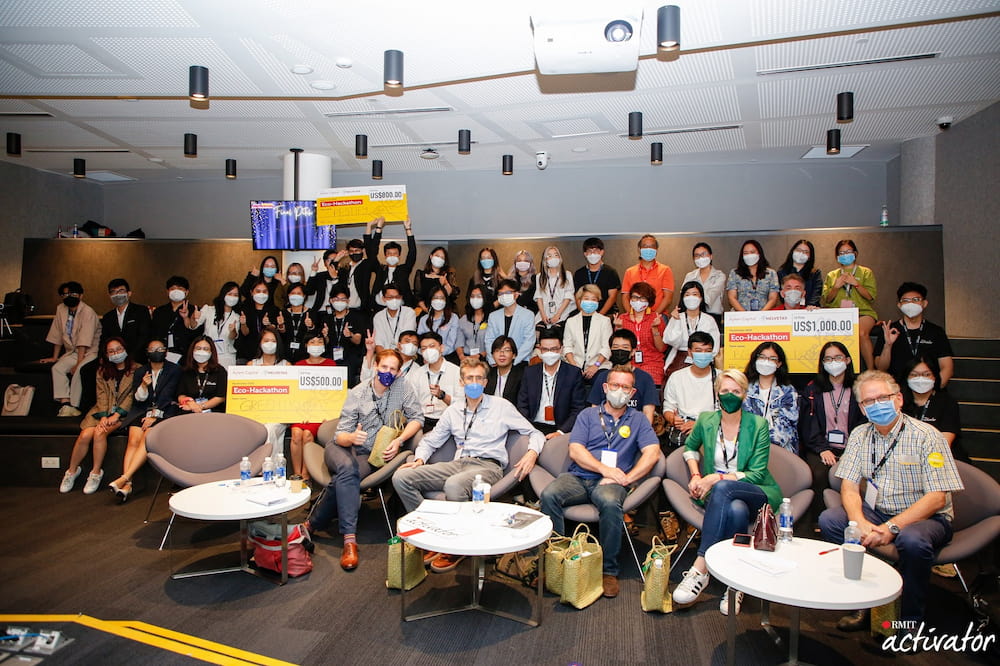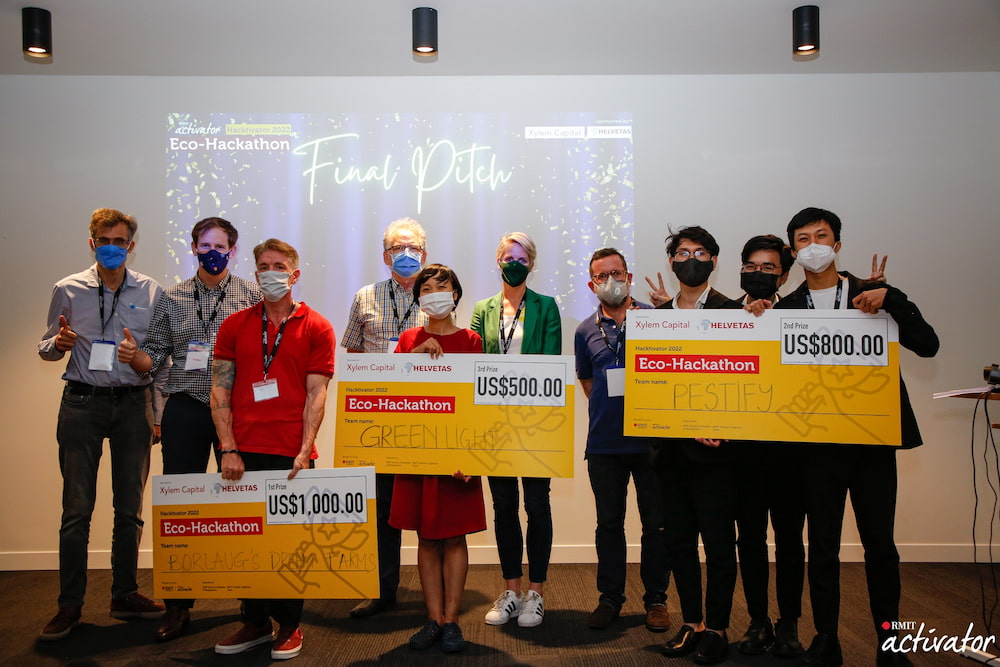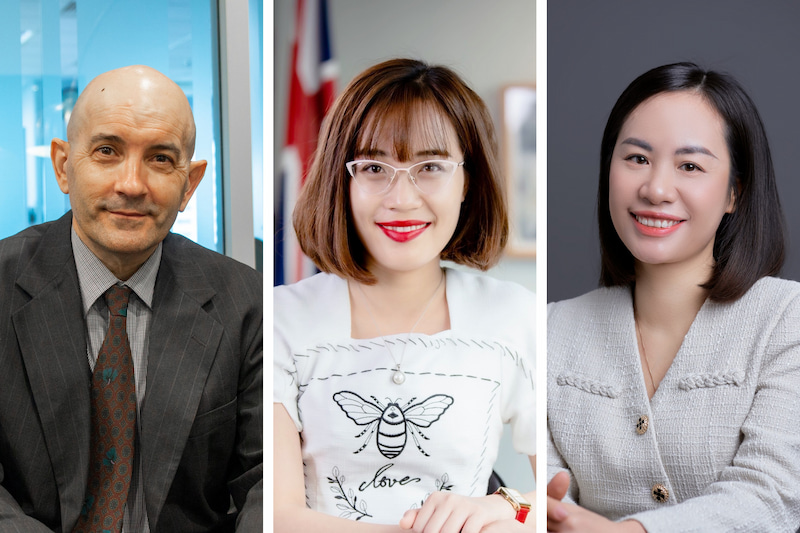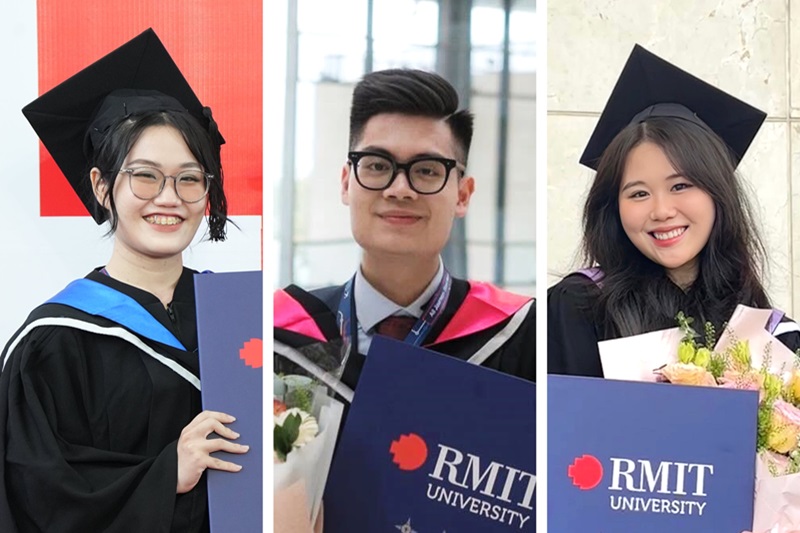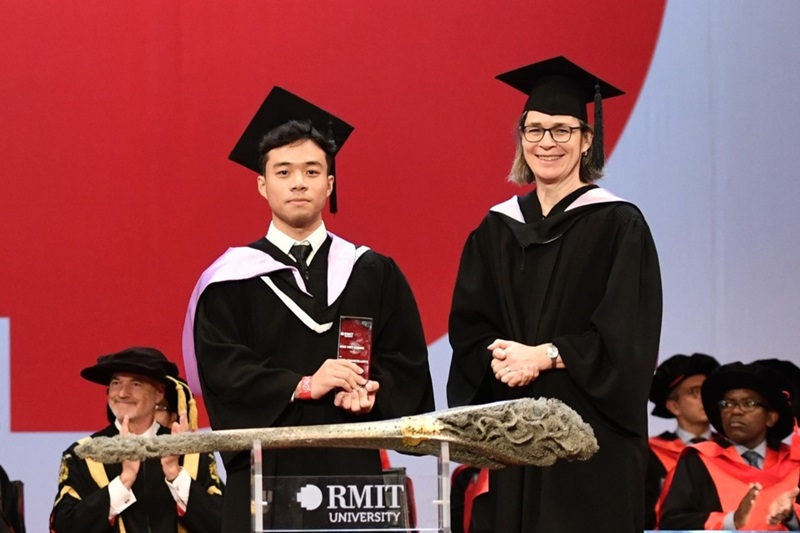The Hacktivator model is designed to foster a healthy competition, where real-time industry connections are present for advice and guidance throughout the experience.
It is a pathway where industry partners can explore big ideas in a simulated ideation environment and spark a lifelong entrepreneurial journey in students.
Xylem Capital co-founder Matthew McGarvey said: “Our firm is focussed on developing the next generation of entrepreneurs who are looking to create nature-based solutions to tackle the challenge of climate change. This hackathon was a big step toward fulfilling that mandate.”
This year, the competition welcomed guest speakers, judges and coaches from Xylem Capital, Organica, RappiPrime, EQUO Co., Phitrust Asia, Orlar Vietnam and SNV.
RMIT Activator Director Matt Salier said: "Startup is a real career pathway – its journey is never easy and we’re here to help.”
“Hackathons like this boost creativity and explore the art of the possible, as participants are able to use innovation frameworks in ways to unlock value in new and emerging industries.”
“At Activator we love the opportunity to bring this incredible process to life and we were so pleased to have been sponsored by Xylem Capital and Helvetas, who were able to provide exceptional ongoing expert support to teams on this initiative,” he added.
Meanwhile, Mr Jos van der Zanden, Regional Manager Biotrade Project at Helvetas, said: “We at Helvetas are proud and excited to be associated with the eco-hackathon to find the next generation of Vietnamese young entrepreneurs who have the motivation and vision to develop a sustainable value chain of eco-friendly products to conquer the world.”
Current RMIT students who want to get involved in the next entrepreneurship program by RMIT Activitor can sign up to the annual flagship Future Founders Competition.
Story: Ngoc Hoang, Charlotte du Rieu and Jennifer Mulyawan

